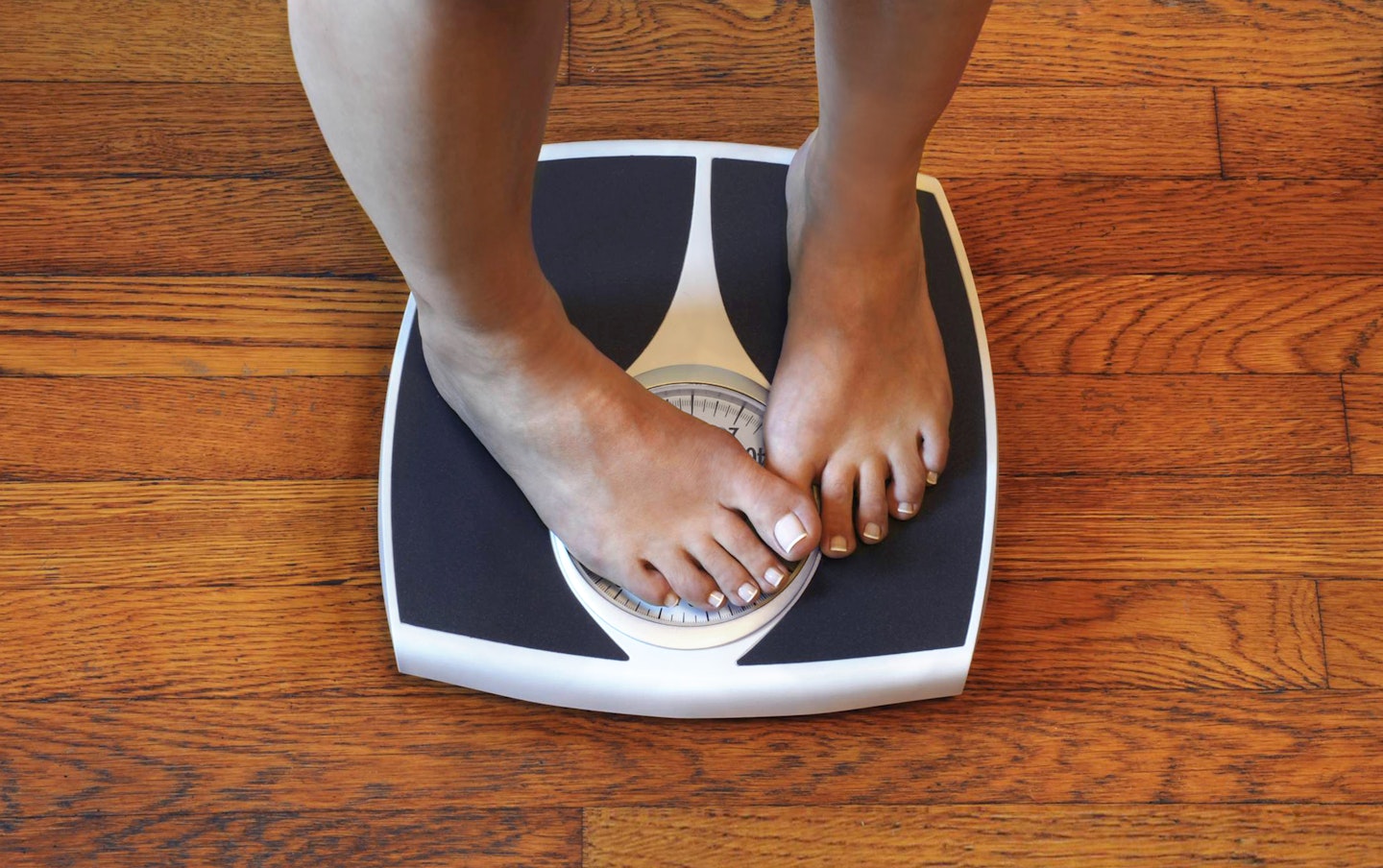If you’re looking to lose weight the number one rule is that you need to be in a calorie deficit (meaning you can lose weight without doing exercise).
A calorie deficit is simply when you consume less calories than you need to maintain your current body weight. It’s a healthy and, most importantly, a maintainable way to help you lose weight.
Here we cover all your questions, from what a calorie deficit is, to whether it’s safe and how you go about actually doing it.
What is a calorie deficit?
Calories are the amount of energy we get from food and drink. Our body burns a certain amount of calories a day to help it function properly, which is your ‘maintenance calories’, and this will vary depending on your weight, height and age. When you consume less calories than your body burns you are putting yourself in what is called a “calorie deficit”.
By putting your body in a calorie deficit, your body turns to stored fat to get extra energy and when it continuously does this over time you begin to lose weight.
The opposite of a calorie deficit is a calorie surplus. This is where you consume more calories than your body burns, resulting in weight gain. Regular gym-goers also call this ‘bulking’ and people will usually put themselves in a calorie surplus when they are looking to increase their strength.
Are calorie deficits healthy?
A calorie deficit is safe and healthy as long as you don’t reduce your calories too much or stay in a deficit for too long.
Healthline says that for most people, reducing your calorie intake by 500 calories per day is sufficient for weight loss and is unlikely to significantly affect your hunger or energy levels. However, even if you choose to reduce your calories by just 250 calories a day, you will still be putting yourself in a calorie deficit and over time will eventually lose weight.
Can a calorie deficit cause weight gain?
No. As you are reducing the amount of calories you put into your body that is required to keep it at its current weight, so the opposite will happen and you will lose weight. Being in a calorie surplus (when you eat more calories than you burn in a day) will lead to weight gain.
The only time you may gain weight during a calorie deficit is if you reduce your calories by too much too quickly, as this can shock the body and you may find you end up snacking excessively to make up for the loss of energy. The key is to reduce your calories by an amount that is maintainable for you.

How to be in a calorie deficit
To be in a calorie deficit you need to work out what your maintenance calories are, which is simply the amount of calories you consume within a day to stay at your current weight. This will vary according to your age, height, sex, weight and how active you are.
You could also try certain diet services like Weight Watchers or Juice Plus+ to help you count your calories.
Formulas
A popular mathematical formula that can help you work out your maintenance calories is the Harris-Benedict equation. This calculates your basal metabolic rate (BMR), which is the number of calories your body requires to function at rest.
To work out your BMR do the following formula:
-
adult male: 66 + (6.3 x body weight in lb) + (12.9 x height in inches) – (6.8 x age in years) = BMR
-
adult female: 655 + (4.3 x weight in lb) + (4.7 x height in inches) – (4.7 x age in years) = BMR
Once you have worked out your BMR you can figure out what your calorie needs are, based on your activity levels, by using one of the formulas below:
- Sedentary: little or no exercise = BMR x 1.2
- Minimally active: 1–3 days per week of exercise or activity = BMR x 1.375
- Moderately active: 3–5 days per week of moderate activity or sports = BMR x 1.55
- Very active: 6–7 days per week of hard exercise = BMR x 1.725
- Extra active: athletes who train twice per day, for example = BMR x 1.9
The final number will be the number of calories you can consume each day without gaining weight, therefore if you want to lose weight you need to eat less than this.
Online calculator
If you don’t feel like doing the maths, try using an online calorie calculator like this one here by the National Institute for Health to find out your maintenance weight.
Remember, for healthy weight loss women shouldn’t consume less than 1,200 calories per day and men shouldn’t consume any less than 1,500 calories.

Speak to your doctor or nutritionist
You can always book in to see your doctor or a nutritionist to help you figure out your maintenance calories and how much you should reduce these by. If you have a health conditions, like diabetes, this is usually recommended as your diet will likely need to be tailored to help manage your condition.
How to track your calories
A great way to stay on top of how many calories you’re consuming is by using a calorie tracking app.
The most popular calorie counting app is MyFitnessPal. This allows you to simply track your calorie intake by scanning the barcode on your food packets or manually searching for the items in the app's database. It also tracks your weight, exercise and can even recommend your daily calorie intake too.
Remember, for a calorie deficit to be healthy and maintainable, never reduce your calories too low as this could lead to health problems and you can prevent your body from getting the adequate amount of nutrients it needs.
